How to make cleaning a habit - tricks experts use to make maintaining a clean home easier
Get it right and you’ll never have to do a ‘big clean’ again

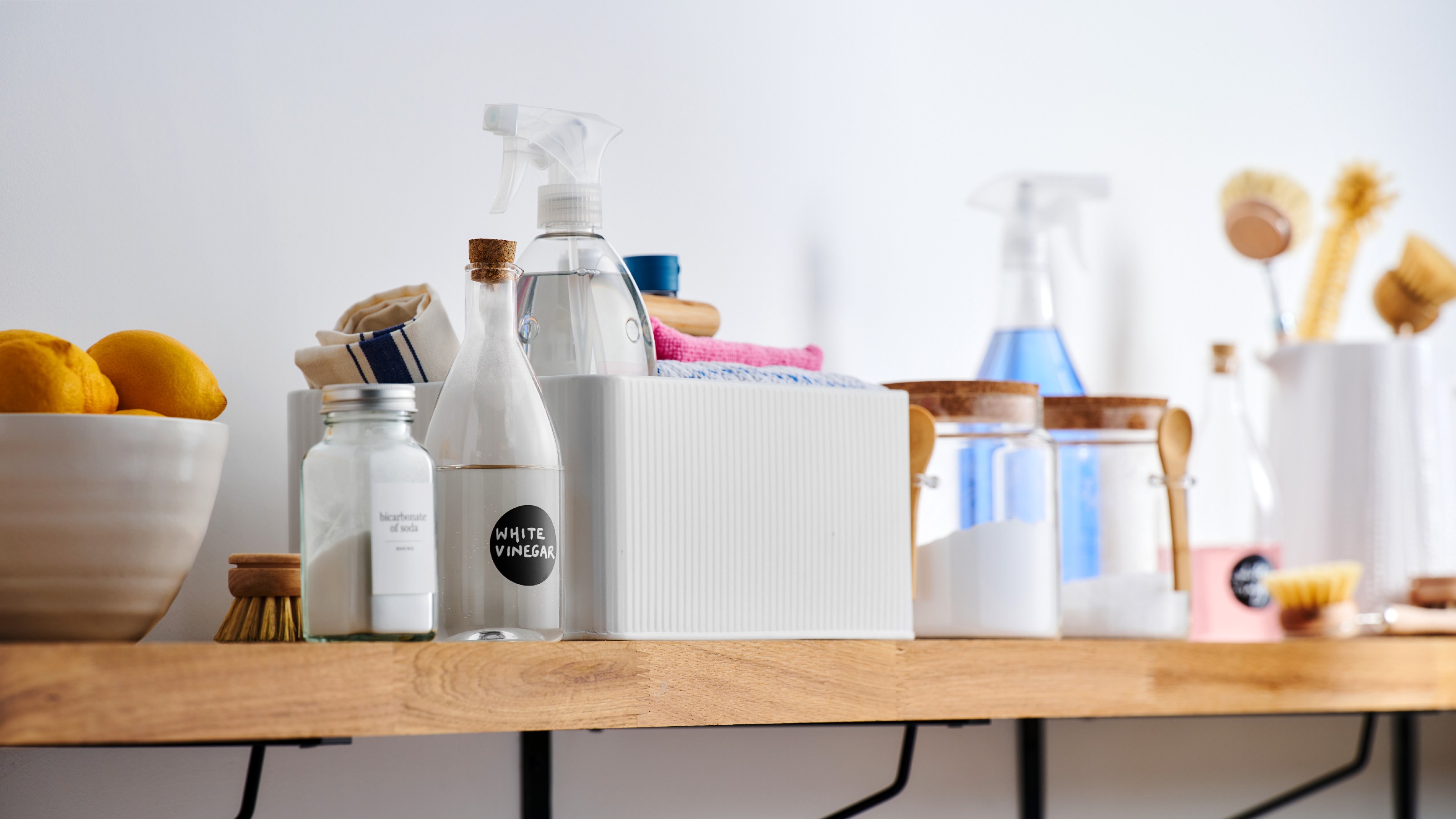

Sign up to our newsletter for style inspiration, real homes, project and garden advice and shopping know-how
You are now subscribed
Your newsletter sign-up was successful
Little and often is the winning strategy when it comes to cleaning. Let things slip and those basic tasks can switch from simple and satisfying to something you put off until you have the mental and physical fortitude to face it. But how do you make cleaning a habit, and not feel trapped in an endless cycle of 'big cleans'?
The first thing to consider is a daily cleaning schedule, but we've also turned to the expert for the trick of the trade to make cleaning a habit, not a dreaded chore.
Margaret McMullin, known as ‘Britain’s best housekeeper’ is an experienced housekeeper for large private households and a former tutor at the London Academy for Household Staff. She advises, ‘Housework should not dominate your day. Keep a balance. A clean and orderly home is good for your self-esteem, health and for everyone in the home.’
Her colleague, Jane Urquhart adds, ‘You should look forward to the week ahead knowing that you’ve made life simpler for yourself. Where is your time in the week ahead that’s just for you? If you know that you’re organised in terms of chores because you have a system in place, you won’t have to worry.’
Think of it as self-care – just like brushing your teeth or taking a shower. By embedding cleaning tasks into your day, or sticking to a cleaning calendar, they become an ‘auto-pilot’ part of your life you barely even notice happening. It’s when your brain is in neutral like this that it can pop out a flash of genius.
‘When you’re not actively working on a problem, the brain keeps spinning and you get restructuring of elements of the problem, pieces get reshuffled, and something clicks,’ explains Roger Beaty, a cognitive neuroscientist and director of the Cognitive Neuroscience of Creativity Lab at Penn State University.
So, if you’re stuck on a work issue, instead of grinding away at it at your desk, grab a duster, zone out and just let the answer come.
Sign up to our newsletter for style inspiration, real homes, project and garden advice and shopping know-how

Considered the doyenne of private household staffing, Jane has spent more than 30 years recruiting and training household staff. Now retired, she owns and runs five holiday cottages in Devon and shares her extensive knowledge and experience of all matters relating to private service and household management.
How to make cleaning a habit
These are the strategies expert tutors at the London Academy for Household Staff recommend to integrate cleaning into daily life.
1.Clean in short bursts
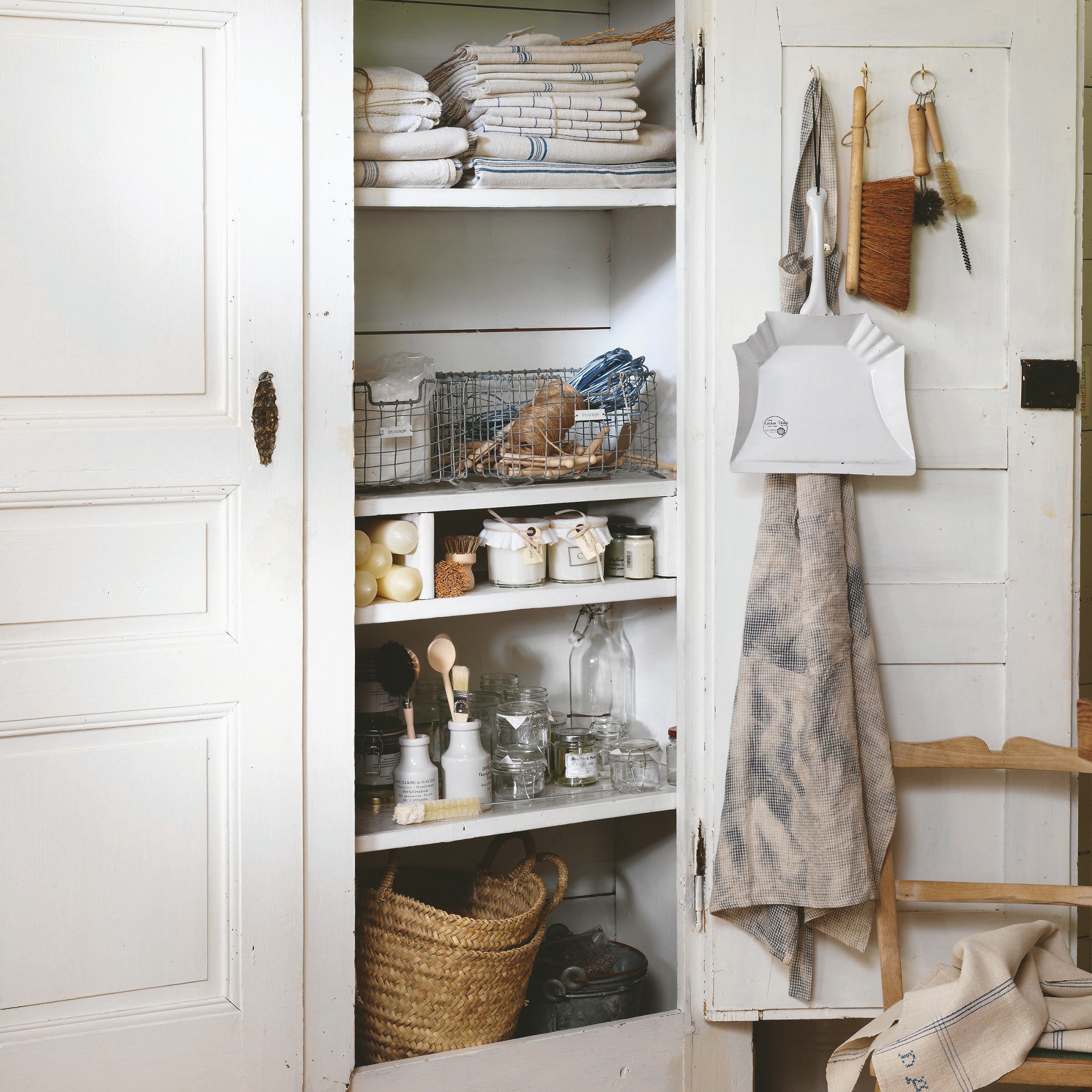
This is a great approach for those who want to know how to clean when feeling overwhelmed. Margaret lists these tasks for a fast-and-furious attack: ‘Vacuuming heavy-traffic areas, emptying bins, cleaning out the fridge before a food shop, scrubbing the oven and hob, pet areas, plants and flowers, dip into the ironing pile.’
She advises a flexible approach to this list: ‘Cleaning bursts depend on how you feel and whatever else is going on in life. Don’t force yourself to be a superhero; don’t set yourself up to fail by trying to do too much.’
Margaret’s colleague and fellow tutor Belinda Hunt says, ‘I love the challenge of a timer. It makes me far more productive to know that my time is limited and helps me focus on my priorities. Bathrooms are good for this.’
Tutor Jane Urquhart weighs in, ‘Switch it around: set yourself a timer for 10 minutes to be completely self-indulgent. Have a cup of tea, do your sudoku, whatever… then when the timer goes, get to work!’

Belinda is a qualified teacher and cook who has employed household staff as well as done all the jobs herself. She is the Principal tutor at the London Academy for Household Staff, which offers training for staff in private households, chalets, villas and palaces worldwide. She works with a team of specialist tutors and advises on and delivers tailor-made training in private houses for their staff
2. Allocate a task to each day of the week
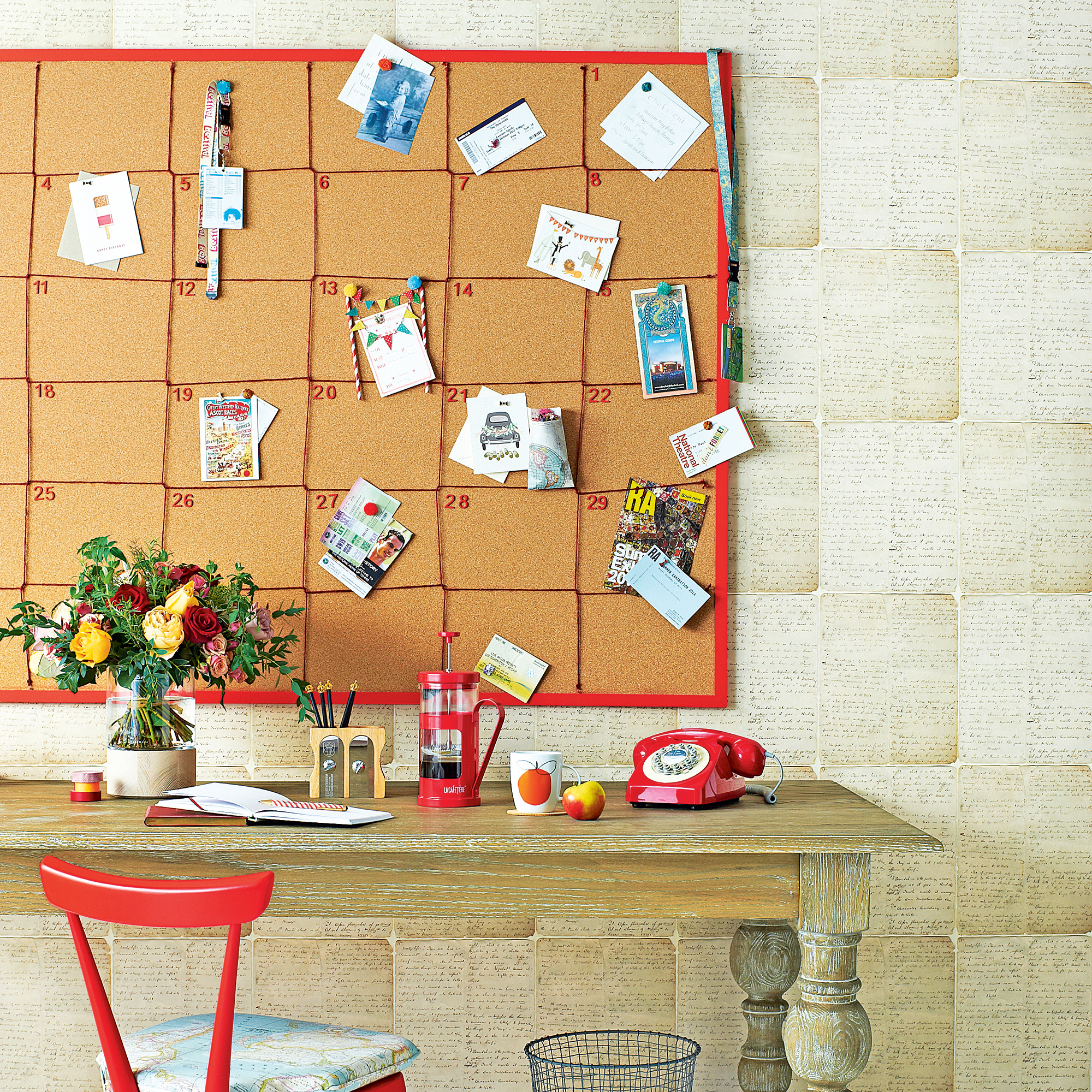
It’s a less flexible approach, but this way you know the basics will be covered across the week. Assign a day for stripping beds (the kids can do their own) and putting the sheets and towels through the wash.
Set a day early in the week for putting clothes in the wash, so they’ll be dry in time for your ironing day. Weekends are best for this – you can get it done while bingeing on a series. Set a day to to clean the bathroom. Have a ‘floor day’ when the kids tidy their rooms and pick up everything ready for the best vacuum cleaner coming through.
Accept that this regimented approach will fall apart at times. Belinda comments, ‘If you have a job, family and social life, plus other commitments, it’s virtually impossible to stick steadfastly to a timetable where you do a specific task on the same day every week. Don’t beat yourself up about it – just use it as a guideline for a general habit.’
3. Have a calendar of periodic jobs
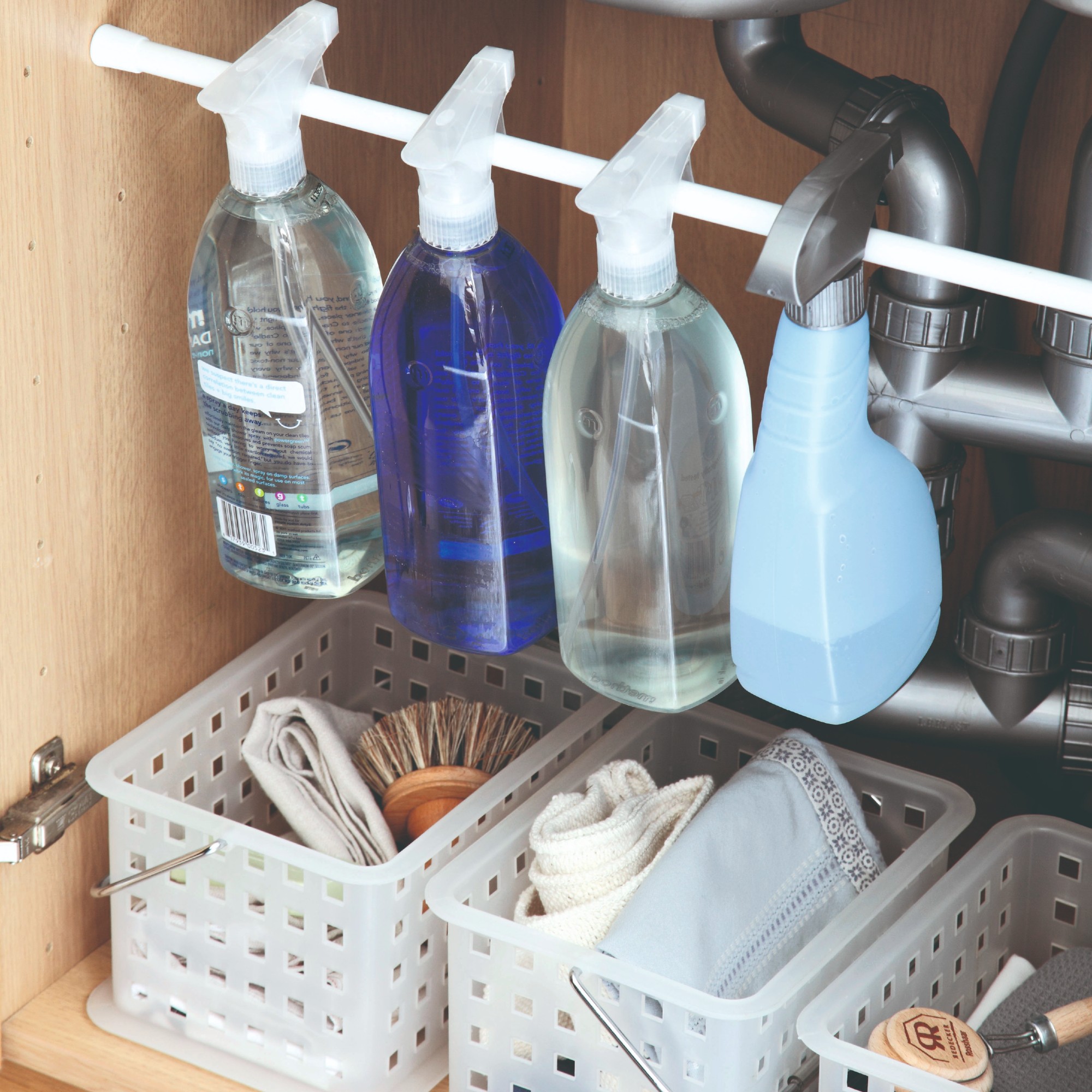
The weekly basics might be getting done, but mopping up the extras needs a cleaning schedule, too. Start with a list.
Belinda Hunt says, ‘These monthly or periodic tasks will be down to personal preference and also the volume of traffic in the household.’ Her lists looks like this:
- Vacuum and turn mattresses; change mattress protectors
- Vacuum curtains
- Dust lampshades and light fittings
- Windows
- Clean appliances and filters
- Turn out and clean food cupboards
- Turn out and clean cupboards and wardrobes; replace moth repellent
‘Usually I carry out a deep clean room by room once a year,’ adds Belinda. ‘This includes moving furniture, polishing wooden furniture and washing carpet and rugs.’
4. Just do one type of task at a time
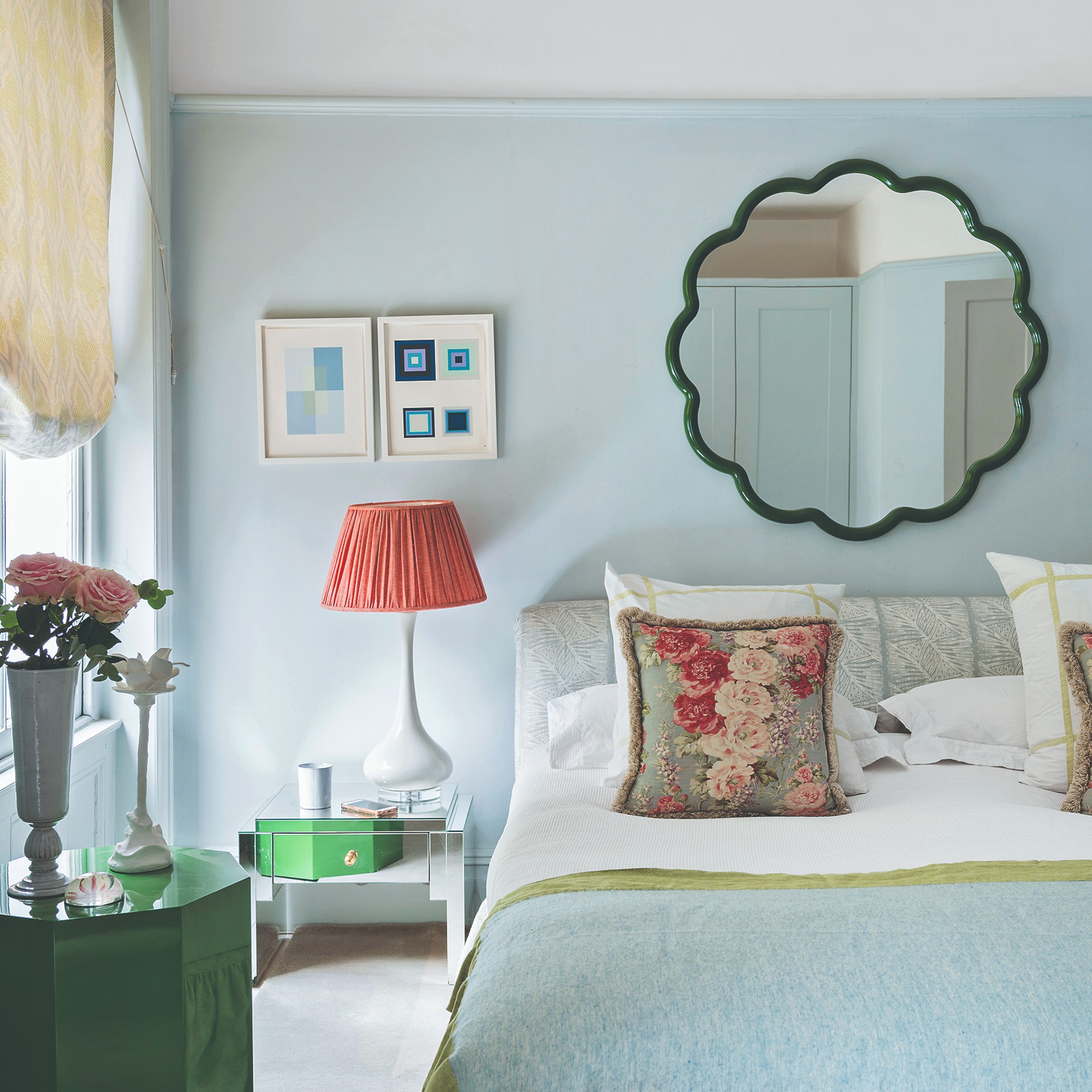
Belinda suggests, ‘You could choose a specific task, like cleaning handles and light switches, or mirrors and glass, and give yourself a few minutes each day to do it.’ This way, as the week wears on the house is being cleaned one ‘layer’ at a time.
I learned this approach many years ago when I worked as a housekeeper in a conference centre and still use it now. Between one set of guests leaving in the morning and the next lot arriving in the afternoon, each member of the team had one task - changing beds, wiping surfaces, mirrors/glass, bathrooms or vacuuming. It was time efficient and meant that each person could travel light with just what they needed for their task, rather than toting the whole kit from room to room.
At home, it works brilliantly with each member of the family responsible for one thing – then rotating the tasks so nobody gets stuck with something they hate doing.
5. Have an end-of-day reset
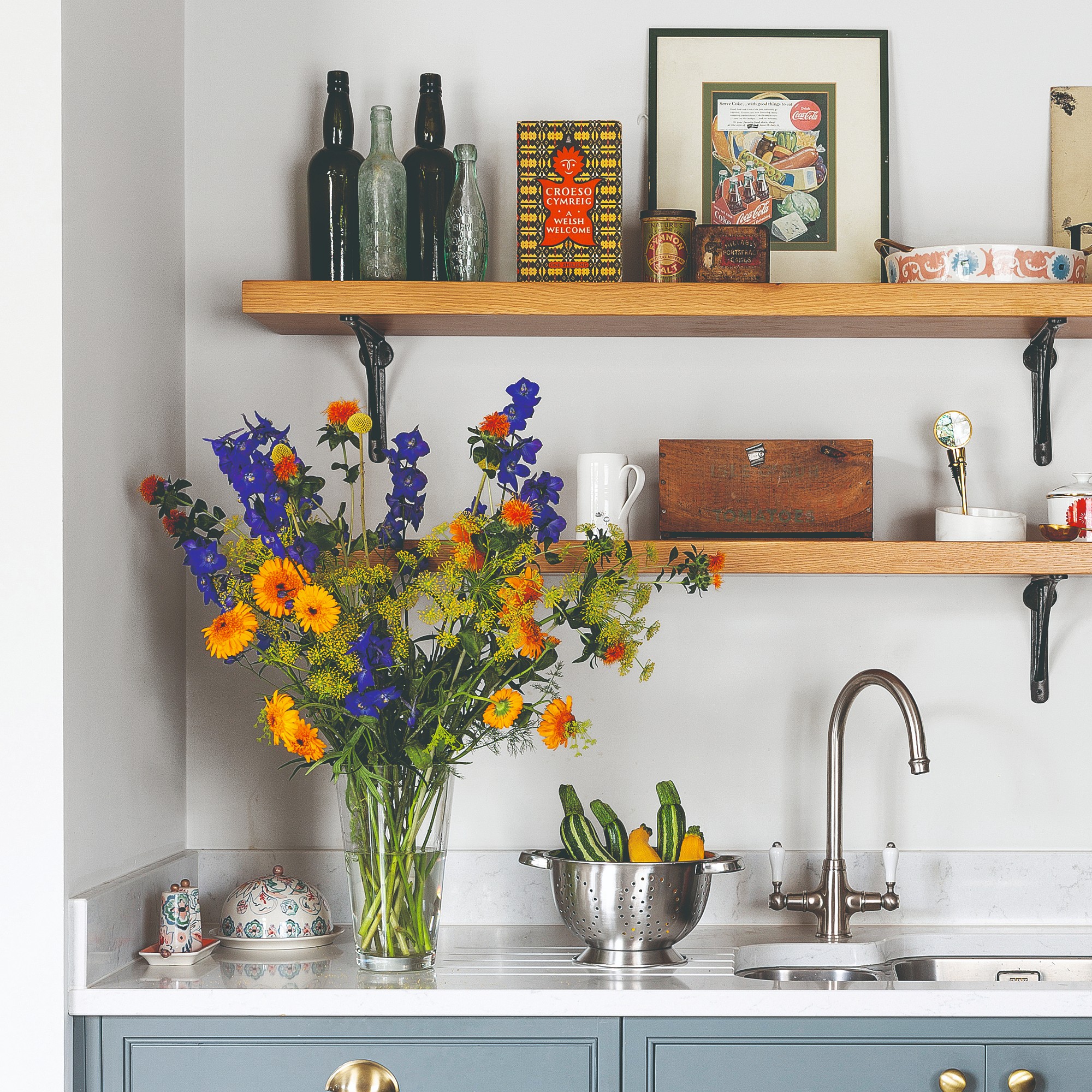
On social media, this has been called the closing time cleaning routine, but it's a very effective way to build a regular cleaning habit. Belinda Hunt says, ‘Before you go to bed, cast your eye over the kitchen, or whatever room you’re going to use first after getting up) and spend five minutes putting it on order.
'What’s going to really annoy you when you walk into that room? What will give you that “ahh” feeling of peace when you enter? For me, the cushions on the sofa need to be plumped and the worktops wiped down.’
6. Delegate the simple stuff to the kids
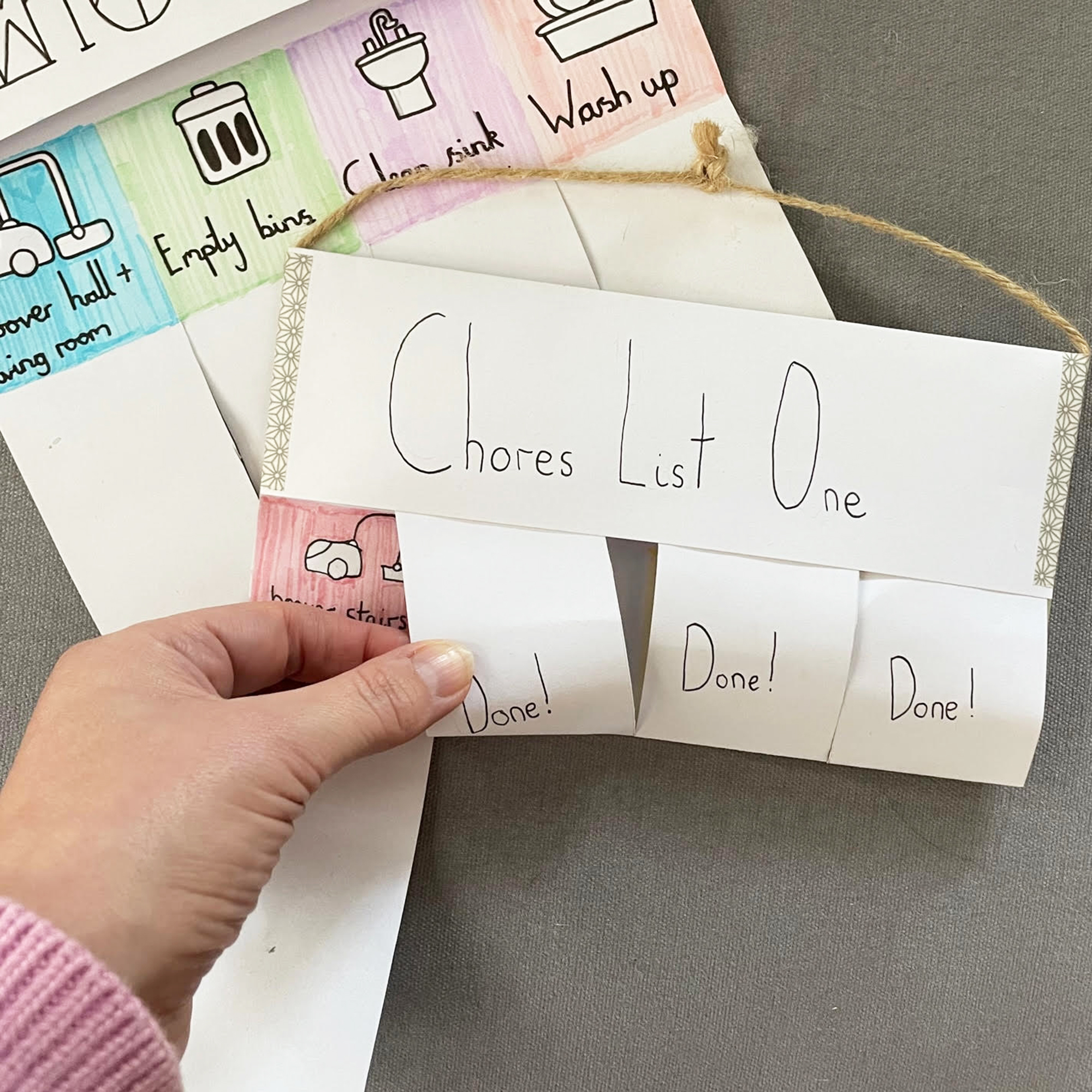
Some things should never find themselves on your list, period. The London Academy for Household Staff tutors say these tasks should be the domain of the young adults in the house:
- Dirty clothes put into the laundry basket
- Bag and PE kit ready for the following day
- Toys/games to be put away before bed time
- Load/unload dishwasher
- Lay and clear the table
- Own room responsibility with a clear-floor policy (‘Good luck with that one!’)
- Feed pets; fill water bowls
- Take out rubbish/recycling
If you're struggling to get them engaged, our Editor Heather Young won her kids over with a kids chore chart.
7. Have a Sunday reset
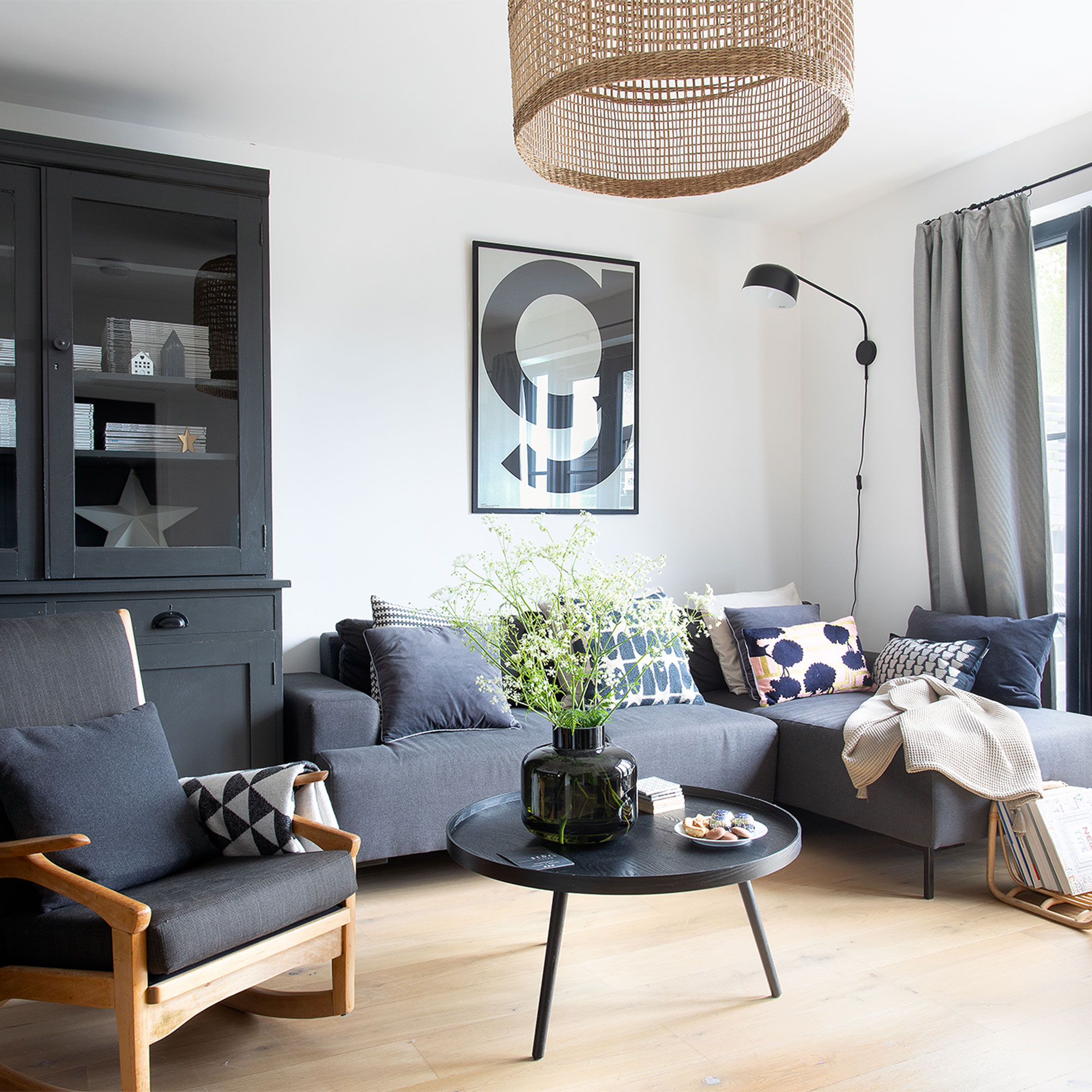
If you’re just made to binge rather than nibble, why fight nature? Forget the daily mini-cleans and set aside a chunk of time on Sunday to go through the house like the wrath of God. Cleaning? Girl, it’s more like therapy. Get all the anger out before going back to the office on Monday.
Annie McFadden, resident cleaning expert at cleaning supplies company The Cleaning Collective says, ‘The Sunday reset isn’t a chore, it’s a ritual of self-care and preparation for the week ahead. By dedicating this time, you set yourself up for success and alleviate stress during a chaotic week. Use it to reclaim your space, refresh your mind and start the week with clarity and purpose.’
This is Annie’s step-by-step:
- Declutter: ‘Prioritise high-traffic areas, clearing surfaces and sorting things you no longer need into “donate” and “discard” piles.’
- Deep clean: Work from top to bottom in each room. ‘Start with the worst – the kitchen – which will have accumulated grease and grime. Move onto the bathroom, not forgetting to change towels and bathmats. Vacuum and mop last.’
- Do the washing: ‘Sunday is the perfect day to take time sorting laundry by colour/fabric and pre-treating stains for a supply of fresh clothes during the week.’
- Change bedding: ‘Start the working week with the satisfaction of climbing into a freshly made bed and a great night’s sleep.’
- Prep meals and audit the larder: ‘Batch cook freezer meals or prep ingredients for quicker midweek dinners. Take stock of pantry staples and perishables, discard expired items and make a list for a food shop.’
FAQs
How do I get in the habit of cleaning up after myself?
Gemma Bray – The Organised Mum – points out, ‘Our brains love progress. So, if you’re trying to build a healthy housekeeping habit, try just doing 10 minutes every day and choose something that is going to make the biggest visual or functional impact in your home.
'I always like to start in either the living room or kitchen as these are the engine rooms of your home and the rooms you use the most. It could be something as simple as clearing the ironing off your dining room table to free it up for its function, to eat from.’
How do I start to like cleaning?
Gemma adds, ‘Because our brains love progress, every time you see the work you’ve done you’ll get a lovely little dopamine hit which will spur you on to do some more again tomorrow. This is the easiest way to create a healthy housekeeping habit.’

Vanessa Richmond has been a freelance writer, editor and editorial consultant since 2021. Her career in magazines began in 1998 and, apart from a four-year stint at women’s lifestyle magazine Red, it has been spent working on interiors titles including House Beautiful, Country Homes & Interiors and Style at Home. She is a former editor of Ideal Home, Country Homes & Interiors and Style at Home magazines. She has also worked for House Beautiful and Red. During her 25 years as a journalist, she has been a sub-editor, columnist, deputy editor and editor. Now she combines freelance writing with being a secondary-school English teacher.